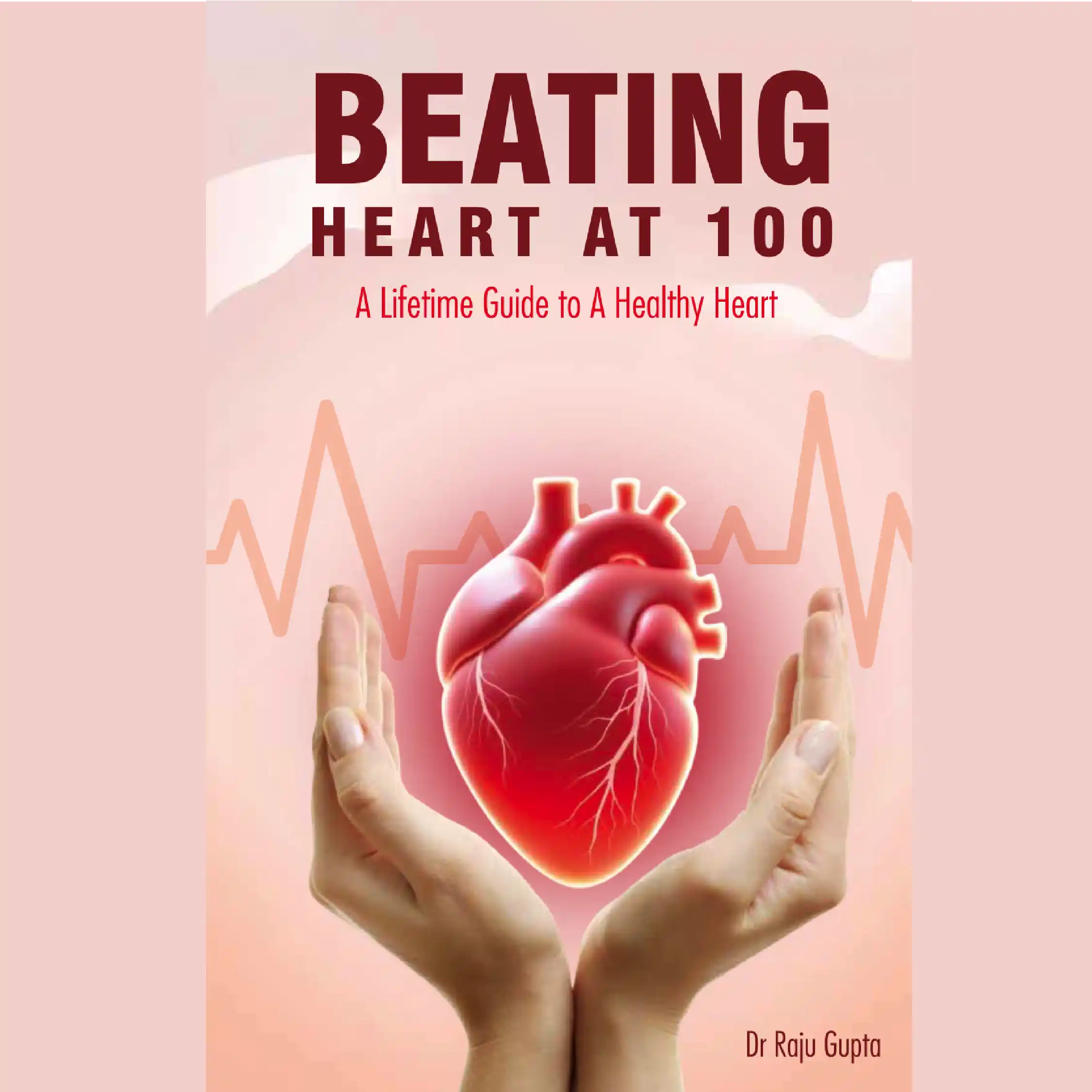The Blame Game We Love Playing
We Indians are champions of finding explanations. We have an answer for everything:- Stomach ache? Must be “garmi.”
- Weight gain? “Thoda age ka effect hai.”
- High cholesterol? “Papa ko bhi tha, so obviously mujhe bhi hoga.”
Epigenetics: The Science That Gave Hope a Lab Coat
Let’s decode a fascinating field called epigenetics — which literally means “above genetics.” Think of your DNA as a piano. The notes (genes) are fixed, but the way you play them — that’s the epigenetic music. Your diet, exercise, sleep, stress, and environment decide whether those genes play a soothing melody or a noisy alarm. A groundbreaking study from the University of California, San Francisco showed that healthy habits — daily exercise, plant-rich diets, stress reduction, and social support — can actually switch off genes linked to heart disease and cancer. In just three months, they found measurable changes in gene expression among participants who made these lifestyle shifts. So yes, your DNA may carry the script, but your habits are the editor.The Indian Genetic Hand We’re Dealt
Now let’s talk about the genes that make the Indian heart more vulnerable.1. Insulin Resistance Genes
Indians tend to have higher insulin resistance — meaning our bodies don’t handle sugar efficiently. Even modest sugar intake can lead to high blood sugar, fat buildup, and inflammation.2. Lipoprotein(a) [Lp(a)]
About 25–30% of Indians have elevated Lp(a) — a “sticky” form of cholesterol that clogs arteries faster. What’s worse, it’s rarely tested in routine check-ups.3. Small LDL Particles
Our LDL (the “bad” cholesterol) tends to be small and dense, which penetrates artery walls more easily and triggers plaque formation. Combine that with the Indian lifestyle — high-carb diet, low protein, erratic sleep, and chronic stress — and you have a perfect storm. As Dr. Raju Gupta explains, “Genes are the seeds, but your environment decides the harvest.”The Lifestyle Hand We’re Playing Wrong
Even if we can’t change our genetic code, we can change how those genes are expressed. But the modern Indian lifestyle seems determined to test biology’s limits. Let’s look at our everyday “silent triggers”:1. The Great Indian Sitting Marathon
Our ancestors walked 10–15 km daily. We walk from the sofa to the fridge. A sedentary life increases your risk of heart disease by 147%, according to the World Heart Federation. That’s almost like announcing to your arteries: “Hey, don’t bother staying clear — I’m not using you much anyway.”2. Our Love Affair with Late Nights
Scrolling Instagram till 1 AM doesn’t make you a social butterfly — it makes you a hormonal mess. Sleep deprivation raises blood pressure, increases inflammation, and even alters gene expression related to metabolism. The Harvard School of Public Health found that just one week of poor sleep can change the activity of over 700 genes, including those related to stress and immunity. Your genes don’t need drama — they need discipline.3. Stress, The Silent Saboteur
Chronic stress floods your body with cortisol, increasing sugar levels and narrowing arteries. It’s not just emotional; it’s biochemical warfare. And in India, stress is the most underdiagnosed addiction. We stress about work, money, traffic, marriage, children, and even vacation plans. The problem isn’t stress itself — it’s our refusal to slow down.The Power of Lifestyle Reversal: Real-Life Proof
One of the most cited global studies, The Lifestyle Heart Trial (Ornish, 1990), showed that patients with severe coronary artery disease could reverse blockages through lifestyle alone — no surgery, no stents. After one year of following a plant-based diet, meditation, walking, and social support:- 82% of participants saw regression in artery plaque,
- Angina frequency dropped by 90%, and
- Their stress levels plummeted.
Humor Meets Reality: The “Genetic Blame Club”
You’ve probably heard these gems at family gatherings:- “Mujhe bhi BP hai, sab genetics ka khel hai.”
- “Sugar toh mere bloodline mein hai.”
- “Cholesterol family se aa raha hai, doctor kya karega?”



